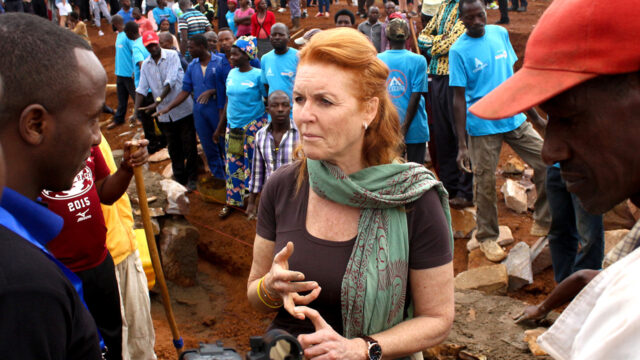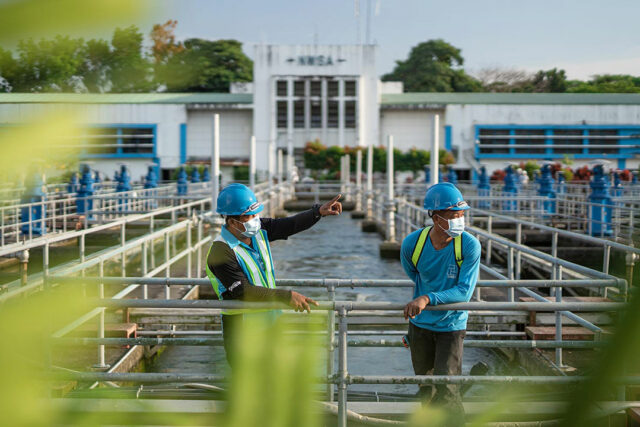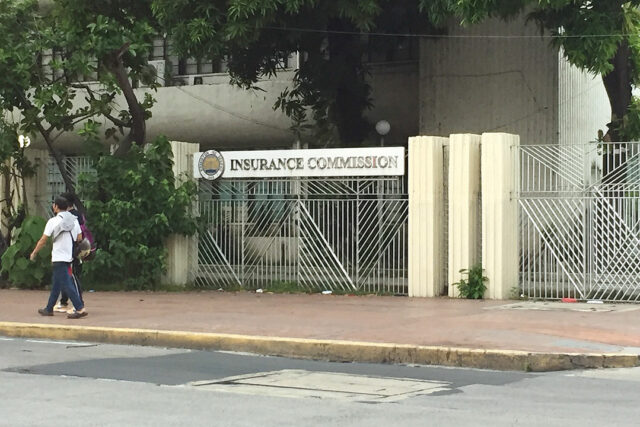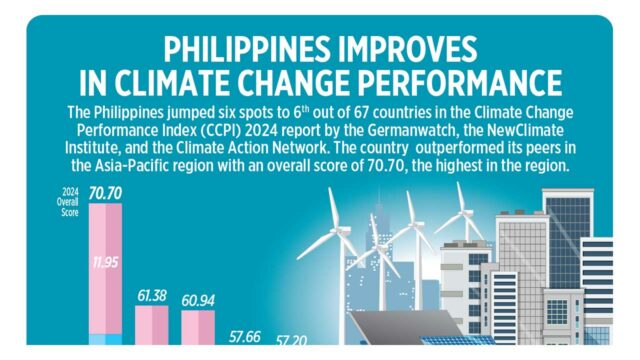By John Victor D. Ordoñez, Reporter
PRESIDENT Ferdinand R. Marcos, Jr. on Tuesday said International Criminal Court (ICC) investigators may come to the Philippines, but his government would not help in their probe of the state’s deadly drug war.
“The Philippine government will not lift a finger to help any investigation that the ICC conducts,” he told reporters on the sidelines of his visit to the National Kidney and Transplant Institute in Quezon City, based on a video sent via Viber.
“As ordinary people, they can come and visit the Philippines, but we won’t help them,” he added, reiterating that he sees the investigation as a threat to Philippine sovereignty.
“In fact, we are monitoring them (ICC officials), making sure that they do not come into contact with any agency of the government,” Mr. Marcos said in mixed English and Filipino.
In January last year, the Hague-based tribunal reopened its probe of ex-President Rodrigo R. Duterte for alleged “crimes against humanity,” saying it was not satisfied with Philippine efforts to probe human rights abuses during the period.
In November, the President said his government is considering rejoining the ICC. He had ruled out cooperation, saying the probe violates Philippine sovereignty given the country’s fully functioning justice system.
Mr. Duterte canceled Philippine membership in the ICC in 2018 amid criticisms that his government had systematically murdered drug suspects in police raids. It took a year later.
Meanwhile, the Department of Justice (DoJ) said the ICC had yet to inform them of its investigators’ visit, noting that the government is not legally bound to cooperate with the probe.
“As such, any presence of international bodies, such as the ICC, within our jurisdiction must be in accordance with our Constitution and relevant laws,” it said in a statement. “The Philippine government has shown that it is ready, willing and able to investigate and prosecute any crimes committed within its territory.”
The ICC must first secure consent and approval from the DoJ, the Department of Foreign Affairs and Department of Interior and Local Government before it starts its probe, the DoJ said.
“The ICC is an independent body exercising jurisdiction conferred on them under the Rome Statue and they can exercise the same with or without cooperation from any government,” Ephraim B. Cortez, president of the National Union of Peoples’ Lawyers (NUPL), said in a Viber message.
He said the probe was not an affront to the country’s sovereignty since the Philippines was still a member of the ICC when the extralegal killings were committed.
The ICC also wants to probe vigilante-style killings in Davao City when Mr. Duterte was still its vice mayor and mayor.
The Philippine Supreme Court in 2021 dismissed a petition seeking to void the Philippines’ withdrawal from the ICC in 2019. It said the petition was moot since the international court had accepted the country’s withdrawal.
The High Court said withdrawing membership does not remove liability for extralegal killings committed in Mr. Duterte’s war on drugs.
“I repeat my admonition to all those who have legitimate complaints about any abuses committed during the war on drugs: our own national institutions are ready to investigate and prosecute all those who have violated the law,” Solicitor General Menardo I. Guevarra, who was Mr. Duterte’s Justice chief, told reporters in a Viber message.
He told a House of Representatives justice and human rights hearing in November that the Philippines is not legally bound to follow the High Court ruling, saying it “may be persuasive, but not the doctrinal ruling of the court.”
European Union lawmakers have urged the Philippine government to rejoin the ICC to reinforce its commitment to human rights.
Justice Secretary Jesus Crispin C. Remulla earlier told the United Nations Human Rights Council the Philippines could probe erring officials without the ICC’s help.
The government estimates that at least 6,117 suspected drug dealers had been killed in police operations. Human rights groups say as many as 30,000 suspects died.
“What the ICC investigators need is to be able to perform their function without interference from the government,” NUPL’s Mr. Cortez said. “They have the competence to gather evidence based on their experience and training.”















